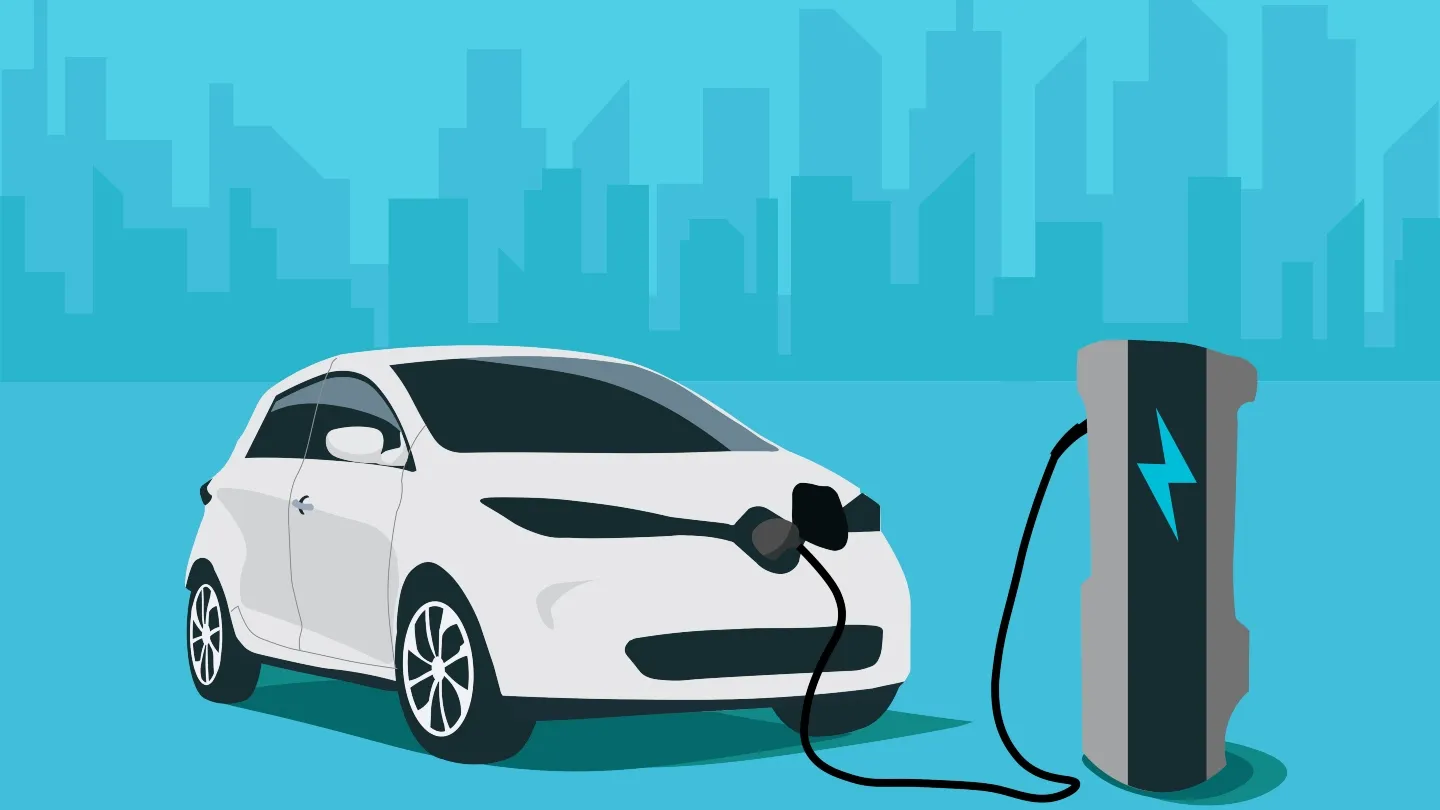Are EVs really good for the environment?

Electric Vehicles, or “EVs” as they are more popularly called, are vehicles that run on electricity. Basically, they are battery powered vehicles. This battery is a rechargeable one and can be charged at any charging point. Since the time they have been introduced, they have had an inherent “clean” label attached to them, owing to minimal emissions.
Sceptics have had them under scrutiny from the very beginning. There are a lot of questions being asked, and a great amount of criticism which they have had to face over the years. One of the major reasons given by sceptics pointing out that EVs are harmful to the environment is that the rechargeable batteries, while being manufactured, do indeed cause a lot of pollution through the processes they follow for the same. There is a limited list of rare earth metals that make up the battery, and the extraction and manipulation of these metals can contribute to carbon emissions. Using good infrastructure and efficient manufacturing techniques are the keys to reducing emissions during production. The important point to be noted here is that while it is true that the batteries, while being manufactured, contribute to a lot of emissions (approximately 60% more than that in case of a battery that is used for regular), another thing which is true is that these, when used better manufacturing techniques, could cut emissions by upto 66%. Basically meaning to say, that the pollution due to extraction processes and production of batteries is at par with, or only slightly more than that in case of regular engines.
The major point to be noted here is that even if their manufacturing processes wouldn’t have been efficient, the greenhouse gas emissions associated with an electric vehicle over its lifetime are typically less than those from a regular petrol/diesel powered vehicle, even when manufacturing has been accounted for! Over the entire duration for which the vehicle is active, total GHG emissions associated with manufacturing, charging, and driving an EV are much lesser than those associated with driving a regular car, majorly because EVs have zero tailpipe emissions and are typically responsible for significantly fewer GHGs during operation.
Recycling EV batteries can further reduce the emissions associated with making an EV by reducing the need for new materials, therefore lessening the reliance on mining and production of new batteries.
Hence meaning that, take into account the more efficient manufacturing processes being used, and EVs shall be presented as mankind moving one step towards Utopia.
Now, the one problem, the hindrance which people might face which might make them apprehensive about switching to EVs is that there is a common perception amongst the people that there is a lack of electricity sources- the charging points. It is, however, argued that an electric vehicle charged on an exclusively coal-powered grid would reach similar carbon emissions performance as an ICEV (internal combustion engine vehicle) – making EVs more effective over their respective lifetimes.
EVs can be plugged into the same type of outlet as an electric kettle! While on the road, there are a lot of stations available to the public for the same purpose.
In conclusion, apart from the facts that EV range (travel capacity) is more than enough for typical daily use, EVs come in a variety of shapes and sizes, and that they must meet the same safety standards as conventional vehicles, it is also true that overall emissions of EVs during their entire lifetime is much lesser than those for conventional vehicles, even when sceptical remarks about the emissions produced while manufacturing the battery are taken into account, and even those processes can be optimised for the most eco-friendly scenario, which finally answers the question that yes, EVs really are good for the environment.
Aayushmaan Jha
BTech Electrical Engineering IIT Mandi




